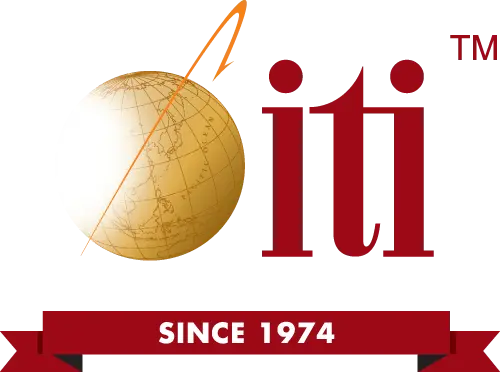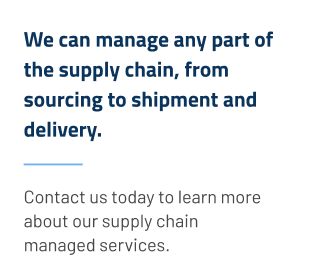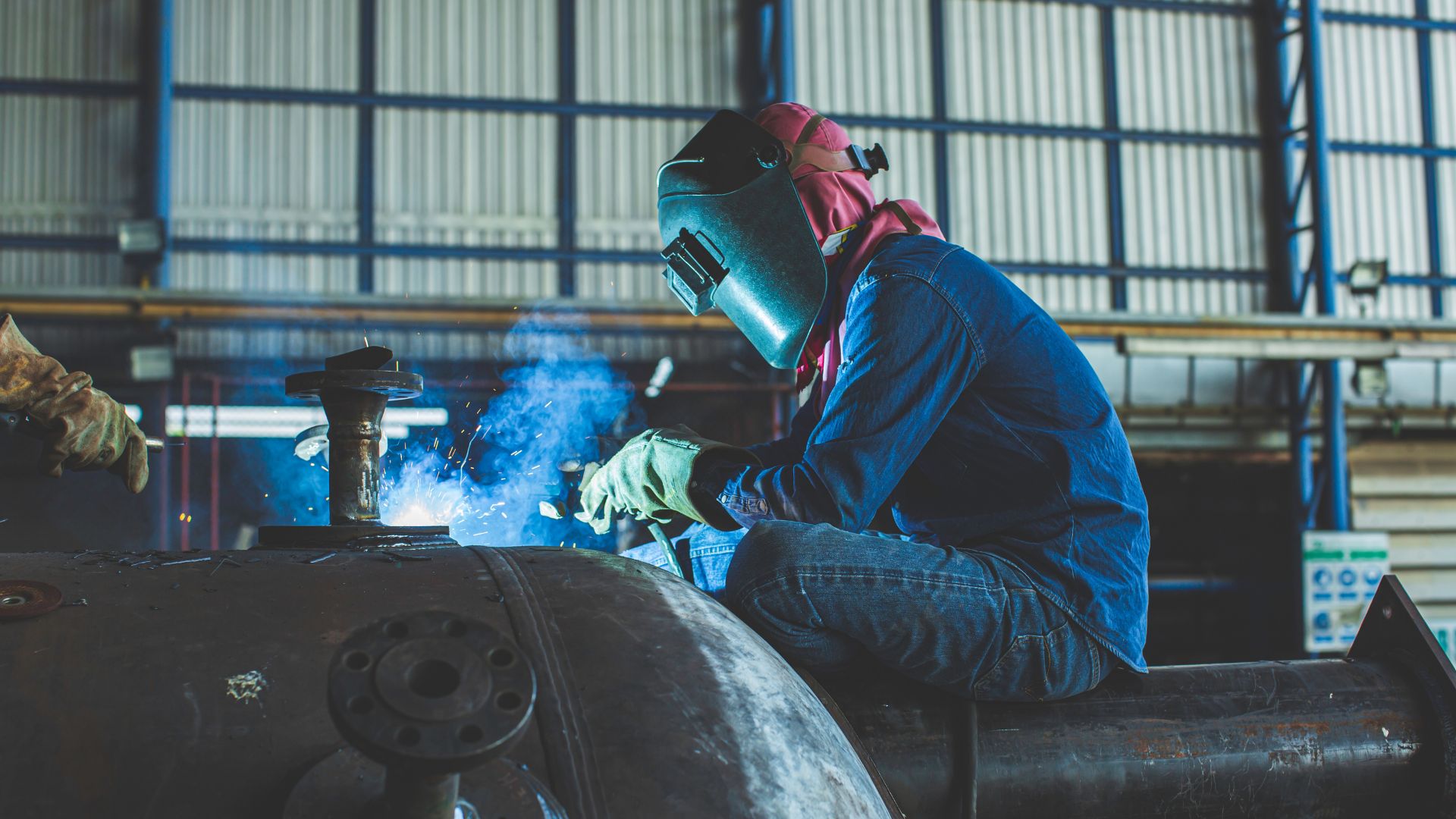When a company chooses China manufacturing there are questions that typically come up again and again regarding quantity. If you are familiar with China manufacturing, you are well aware of the term “minimum order quantity” (MOQ). You are also familiar with the fact that the name of the game in China is “quantity, quantity, and more quantity”.
Is standard practice to do everything possible to stuff as large a container as possible with as many items as possible to both meet the MOQ and to keep the total delivered unit cost as low as possible. There are circumstances however when a less than full container load (LCL) is necessary or required. In this blog we will discuss some of the differences between the two shipping methods.
Shipping FCL (Full Container Load)
“Full container load” means a company has contracted for the exclusive use of a container to ship its products. This means there will be no other company’s products in that container. It does not matter if that container is stuffed full, half full, a quarter full, or has only one item in it. It’s still an “FCL” shipment. Of course, the greater number of items there are in a container, the lower the total landed cost per item each will be. The number of items in the container has nothing to do with the shipment being termed “FCL”.
As mentioned, China manufacturing, by default, encourages stuffing as many items in as large a container as possible to reduce the cost per item. The simple reason is the more units in a container the less cost per unit each of those units will be. The cost of the container and export fees is fixed so those costs are spread out over a greater number of items.
Two additional ways shipping FCL keeps costs down are one, it takes less time and effort to load the container, and two, there is only one set of paperwork.
Total transit time for an FCL shipment is typically shorter too. The container remains sealed from the time it leaves the factory to the time the seal is broken at the final destination. This is one reason US Customs is less likely to stop an FCL container for inspection.
Shipping a Less Than Full Container Load (LCL)
LC shipments tend to be more expensive. One reason is there are fewer items among which to spread the fixed costs.
LCL shipments also typically have longer total transit times than FCL shipments. This has nothing to do with China Manufacturing and everything to do with freight forwarding. Contents in an LCL container come from multiple sources. Therefore, a consolidator must be used to find other shipments that are the right size to fill the container as full as possible. This takes additional time and effort as does the export document preparation for each shipment within the LCL container.
Multiple sources also increase the likelihood of customs inspection. If a shipment from one source is flagged for inspection, the entire container is delayed.
Being unfamiliar with the differences in LCL vs. FCL shipments is just one decision among many that can make China manufacturing a challenge. While many companies discover choosing to manufacture offshore is a cost-wise decision, there are many decisions and possible issues inherent with China manufacturing to consider.
Some of the more common questions are: Will your intellectual property be protected? What are the hidden costs? What can be done to reduce the chance your shipment is flagged and delayed by customs? What do you do if something is wrong with the product you received? How do you reach factory personnel if there is a problem? All of these are legitimate concerns that, of course, may need to be addressed at the most inconvenient time.
Whatever kind of shipping option you use, know that ITI Manufacturing can provide the expertise you need for shipment success as well as answers to all of the questions above, and more.
Find out if American Guaranteed China Manufacturing is right for you.






